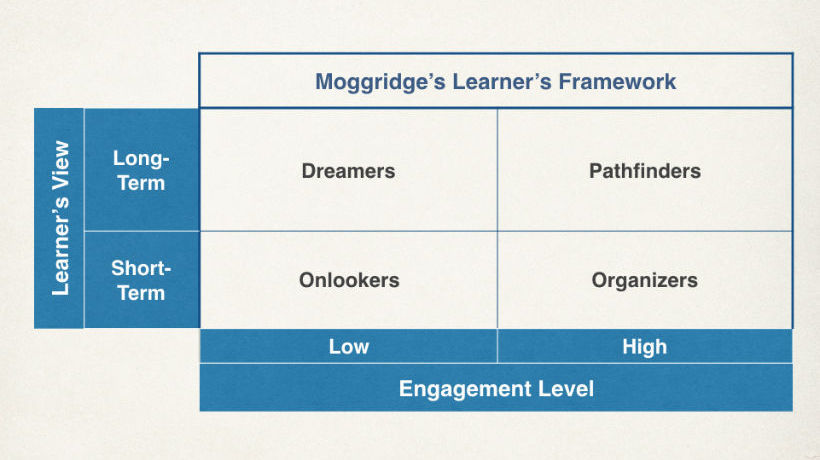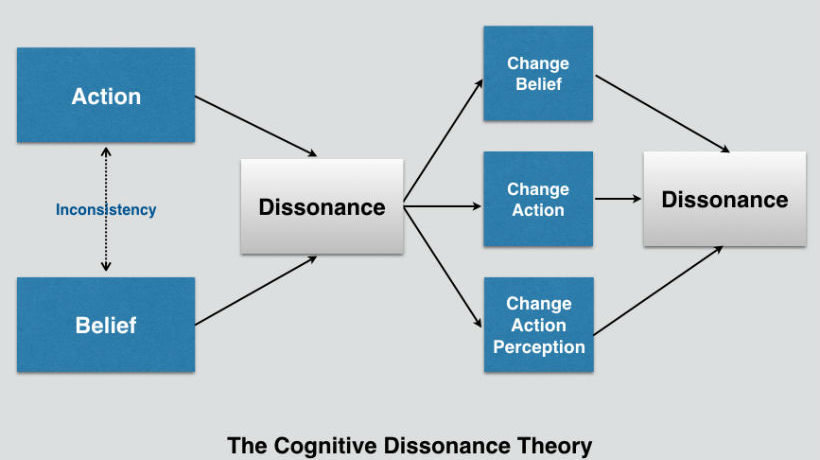August 19, 2016
The Transformative Learning Theory: What eLearning Professionals Should Know
Every eLearning professional strives to facilitate change. It may be on a large scale, such as helping their online learners achieve a life goal, or something as small as improving task proficiency. In this article, I'll share everything you need to know about the Transformative Learning Theory and how to apply it in eLearning, so that you enact positive change in your audience.
by Christopher Pappas











